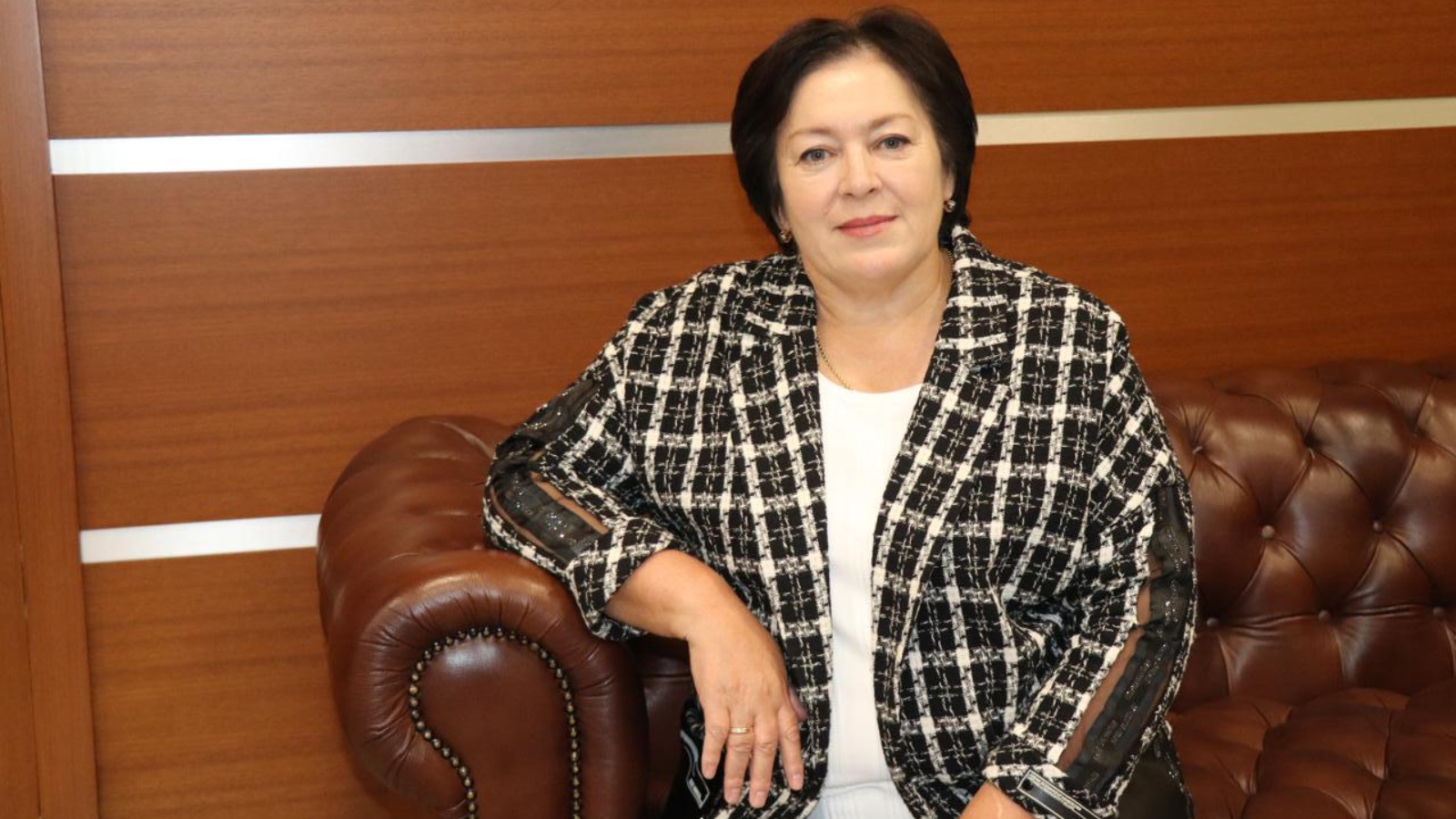THE CLOSEST TO THE PEOPLE

This year, the institute of justices of the peace of the Republic of Tatarstan celebrates its 25th anniversary. During this time, the justice system has undergone significant development, becoming an integral part of the region's judicial system and a vital tool for ensuring justice within citizens' reach.
In connection with this significant event «Vatanym Tatarstan» newspaper spoke with Zemfira Rashitovna Zamaletdinova, justices of the peace of the judicial district № 5 in the Kirovsky district of Kazan, about the development of the justice system, achievements and prospects.
1. How did you enter the justice system and what inspired you to work in this field?
My decision to pursue a career in justice was a conscious one. I entered the judicial system with significant legal experience. My first impressions of working in court were a high sense of responsibility and a sense of the importance of every action, every decision. I am inspired by the feeling that my work is meaningful and contributes to society.
2. What changes have you observed in the Tatarstan justice system over the past 25 years?
Significant changes have occurred over these years. The powers of the justice system have expanded, and public trust has grown. A stable staff has been formed, and a legal culture of court proceedings has emerged. The infrastructure has improved, and new opportunities for the courts have emerged. I would especially like to note that the institution of justice of the peace has become an integral part of the judicial system, playing a vital role in local legal regulation.
3. What achievements of the justice system do you consider the most significant?
I consider it an achievement that the institution of justice of the peace has truly become «courts within walking distance», where people can go without fear, knowing they will be heard and helped. I also consider the introduction of pre-trial settlement mechanisms and the widespread use of conciliation procedures to be significant. Over the years, there have been cases I'm particularly proud of—cases where we were able not only to render a fair decision but also to restore dialogue between the parties.
4. How do you assess the role of technology and digitalization in the work of the magistrates' court?
Technology is only an auxiliary tool. Yes, processes have been somewhat simplified thanks to electronic documents and databases, but the most important thing in our work remains a genuine engagement, the ability to listen and understand. I believe that personal communication with the parties to the proceedings and the openness of the court are what determine citizens' trust in the judiciary.
5. Is it difficult to maintain objectivity and fairness in difficult situations?
Of course, there are emotionally charged trials. However, a judge must always remember: their mission is not to express emotions, but to uphold the law and the rights of citizens. Objectivity is achieved through experience, internal discipline and constant self-improvement. The balance between the law and humanity is the foundation of the court's authority.
6. What advice would you give to young professionals just beginning their careers in the judiciary?
First, don't rush—thoughtfulness is essential in the judicial profession. Second, constantly learn and don't be afraid of challenges. I would advise young judges to pay attention to detail, respect each party in the process, and be good listeners. And, of course, maintain integrity and personal decency—this is what builds trust in the court.
7. Tell us about a time when your decision helped change someone's life for the better?
It would be unfair to single out any one case. In my practice, there are many cases where a court decision has truly changed someone's life. Each case has its own story, its own unique characteristics. Each traces the fate of a person, an individual or an entire family. This is what gives meaning to the work.
8. Have there ever been times when you doubted the correctness of your choice?
Everyone has doubts, especially at the beginning of your career, when you feel the weight of responsibility. But each time, I was convinced I had made the right choice—thanks to the support of my colleagues, family, and the feeling that my work truly mattered. My professional intuition and belief that I was on the right path always inspired confidence.
9. What do you think the Institute of Magistrates' Justice will be like in 25 years?
I believe the Institute of justices of the peace will become even more mature, stable, and respected. I hope that reforms aimed at increasing openness and accessibility of justice will continue. Maintaining staff stability and the prestige of the profession is crucial. I am confident that respect for the law and public trust are the key pillars of the future.